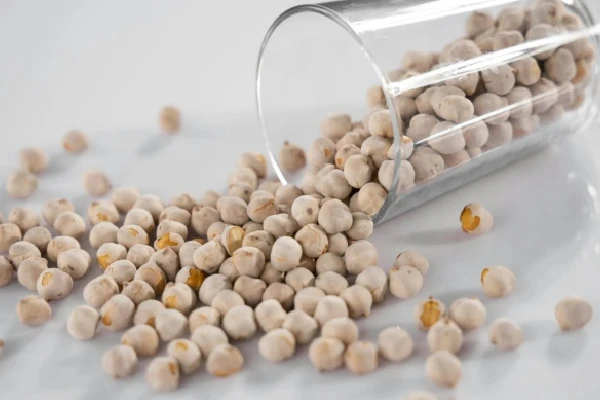Kombucha: The Super Drink for Your Gut?
Wednesday Jun 30, 2021

Kombucha is everywhere. There's been a lot of hype around the tea drink. Why?
This fermented tea is not only delicious, but it may also lead to improved gut health. Some claim that it's a super drink. The fermented tea has been around for centuries. Kombucha is thought to potentially provide probiotics, or "good" bacteria, that can improve digestion, boost the immune system, reduce inflammation, prevent leaky gut syndrome, and much more. All the publicity surrounding kombucha and its associated health benefits leads to the question: how much of it is legitimate? Together, we'll evaluate kombucha's nutritional profile through the lens of the available evidence-informed scientific research on the beverage.
What is Kombucha?
What even is kombucha, anyway? The fermented tea beverage from Northeast China has deep roots. Originating around 220 BC thousands of years ago, the beverage's exact roots remain a mystery. One of the most promising theories surrounding its advent describes the tea's use as a “drink of immortality” throughout the Qin Dynasty.
Traditionally, the tea is created through the fermentation of black tea and white sugar using a symbiotic culture of bacteria and yeast (SCOBY). This culture looks like a cross between an alien and a blobfish, but it can make some delicious kombucha. The culture typically consists of various acetic acid bacteria, lactic acid bacteria, and common yeasts. The most abundant bacterial species in the culture include the common probiotics Lactobacillus and Bifidobacterium, among others. The fermentation process carbonates the tea, provides its sour-sweet flavor, and bulks it up with metabolites.
The beverage's slightly sour taste may turn you away from its place on the shelves of your nearest health-food store. However, some emerging research suggests its potential role as a super drink for your gut.
Kombucha Benefits to the Gut Microbiome
Advertisers and holistic medicine proponents claim that kombucha can confer many health benefits. What scientific research is available to support these claims? Our literature search was unable to find any controlled studies on the health benefits of kombucha consumption in humans. However, in vitro (outside of a living organism) and animal studies propound numerous health benefits stemming from compounds derived from kombucha's fermentation process and its tea base, including a couple that factor into gut health.
Symbiotic Beverage
First, raw or unpasteurized brewed kombucha can be a rich source of acetic acid bacteria, lactic acid bacteria, and yeasts with probiotic potential. The beverage also contains bacterial cellulose, which can help the activity of these probiotics in the gut as a prebiotic. However, limited in vivo research has explored its direct effects on mediating the microbiome's composition.
Antimicrobial effects
Second, kombucha tea has a low pH (acidic), granting it antimicrobial and antifungal properties that can prevent the growth of disease-causing bacteria. Such bacteria include Staphylococcus aureus, Agrobacterium tumefaciens, E. coli, and Helicobacter pylori, and more. Given this, the natural super drink could have powerful therapeutic applications.
Other Benefits
More generally, kombucha is reported to possess other properties that confer health benefits, based on a small number of in vitro and animal studies. Its consumption is associated with lowering cholesterol and blood pressure, anti-cancer, anti-inflammatory, and antioxidant potential, and improvements in the function of the liver, immune system, and gastrointestinal tract. Researchers attribute its deck of health benefits to its unique nutritional profile. The drink contains numerous organic acids, vitamins, polyphenols, minerals, and other metabolites of the fermentation process. Nonetheless, comprehensive clinical trials in human subjects are needed to confirm the benefits of the super drink.
Potential Risks
Before you fill up on the bubbly beverage, it's worth noting that a couple of adverse events have been reported with kombucha consumption. First, home-brewed kombucha consumption can carry risks of food poisoning or dangerous infection. Second, in rare circumstances, excessive kombucha intake can cause liver damage or metabolic acidosis. Third, for immunocompromised people, kombucha can lead to bacteremia and fungemia (blood infections).
However, kombucha is considered safe in moderate amounts when it's brewed in safe containers and consumed by healthy individuals.
Avid kombucha lover? Check out how the drink has been affecting your gut health with a microbiome test from Floré.


